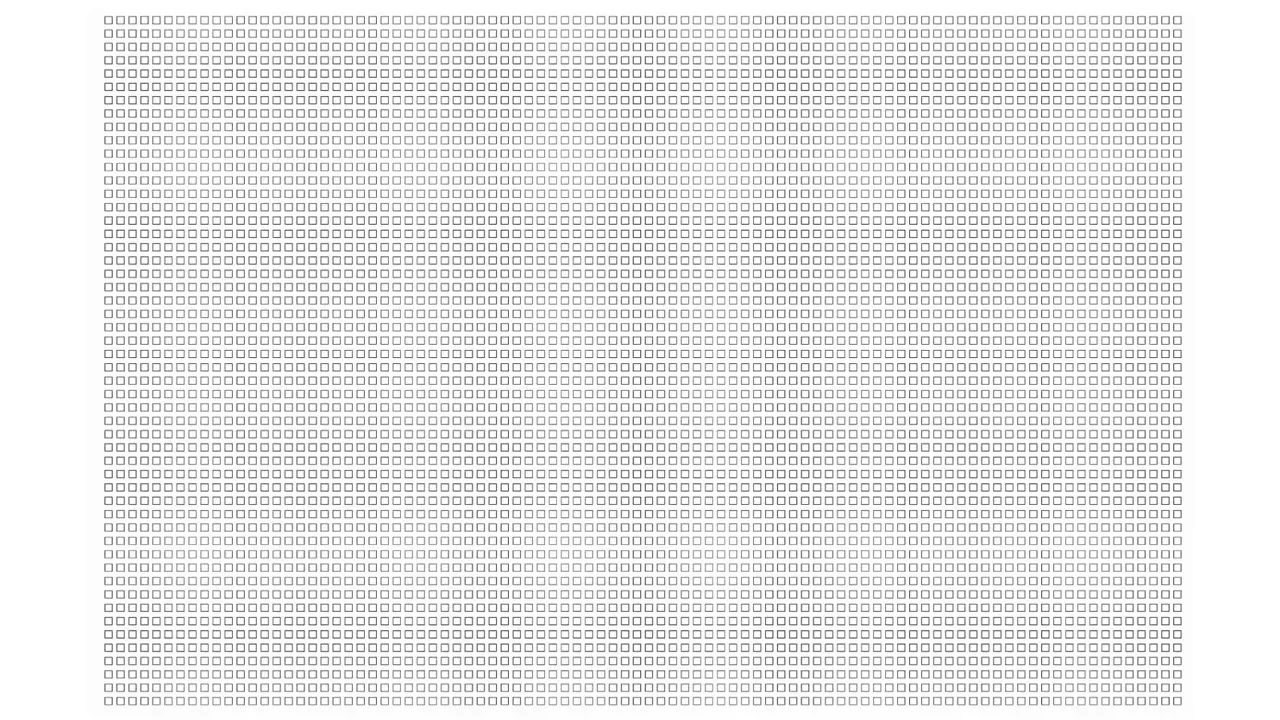Tim Urban has shared an interesting story about procrastination in his life. Using creative metaphors to explain the psychological mechanisms that cause procrastination, as well as ways to deal with this problem.
Beginnings in university life
The beginning of university life is a time full of excitement and challenges. Most students will face significant changes in their lives, such as time management. Learn how to work in a group, and develop the writing skills necessary for higher education.
In the early stages of study, Students should set clear goals about what they want to achieve during their time at university. In particular, preparing for writing a thesis is important at the undergraduate level.
Planning for a thesis
Planning for a thesis begins with choosing a topic that is interesting and important to the field studied. Students should take the time to research and gather relevant information. To be able to develop ideas and create a clear framework.
It is very important to schedule each session of work, as dissertations tend to have a wide scope and require a lot of research and writing.
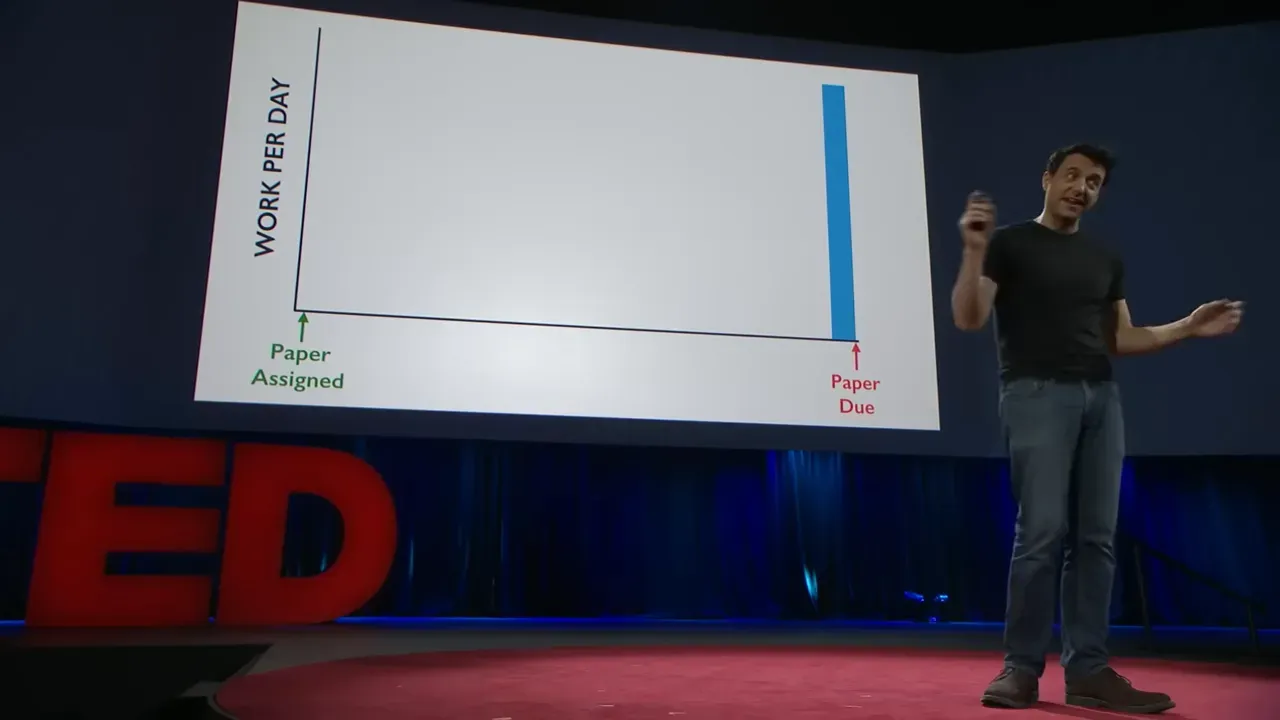
Lessons from Writing a Thesis
Writing a thesis is a process that requires a lot of effort and commitment. An important lesson that students will learn is to manage their time effectively. Thorough research and analysis of data
In addition, receiving continuous feedback from the advisor is something that students should do to improve the quality of their work and get the best results.

Understanding Procrastination Behavior
Procrastination is something that many people face problems. Having an understanding of the causes of procrastination can help you better deal with this problem.
Setting clear goals and managing the pressure can help reduce the tendency to procrastinate.
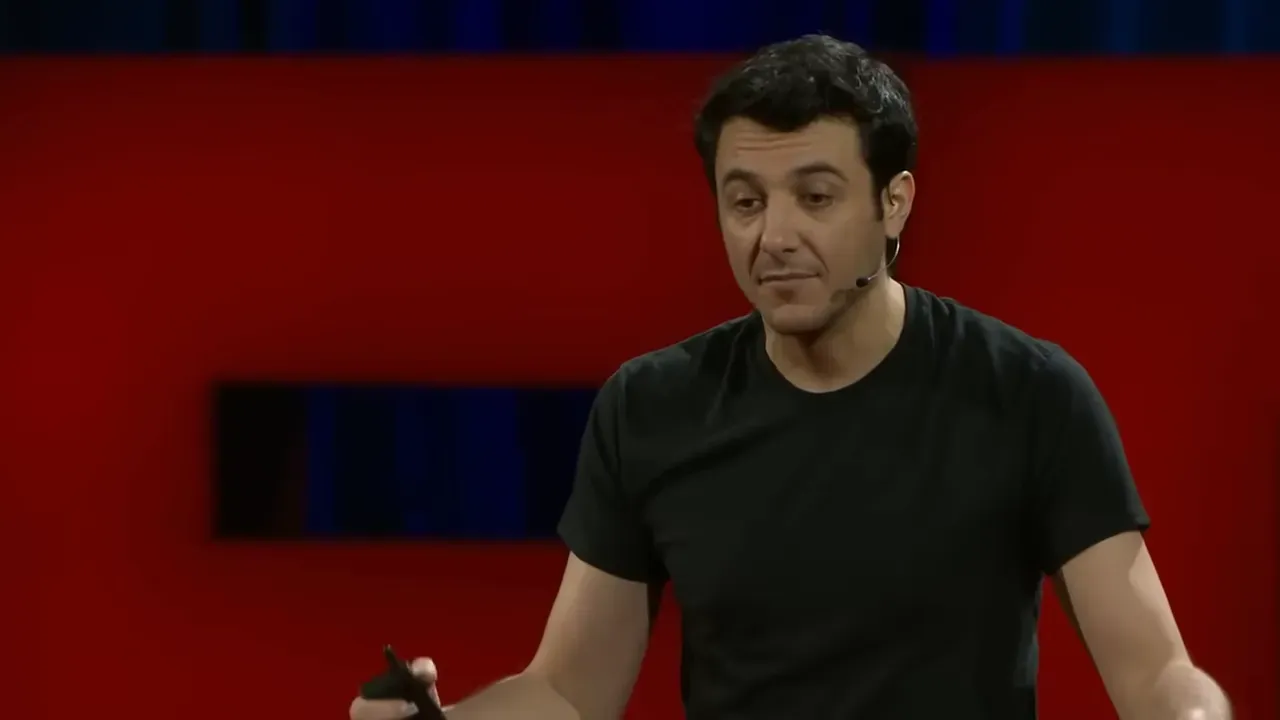
Comparison of the brains of procrastinators and non-procrastinators
A comparison of the brains of procrastinators and non-procrastinators found differences in brain structure and function. People who procrastinate often have brain activity in areas related to decision-making that may not be so good.
Having an "Instant Gratification Monkey", which causes the choice to do things that are easier and more enjoyable than important tasks, can explain these behaviors.
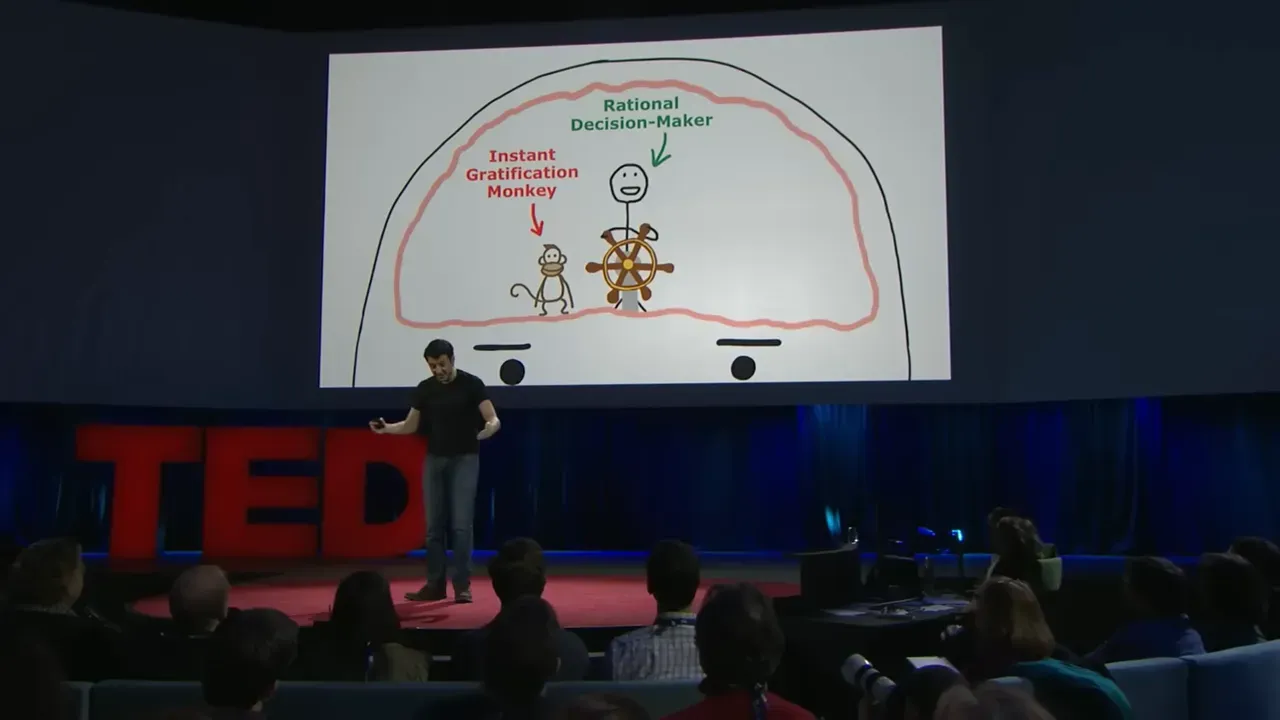
Conflicts within the mind
The intra-mental conflict between the Rational Decision-Maker and the Instant Gratification Monkey is something that happens frequently in everyday life, especially when there is work to be done while there are other interesting attractions.
Understanding how this conflict affects decisions can help us figure out how to better deal with them and allow us to focus more on important goals.
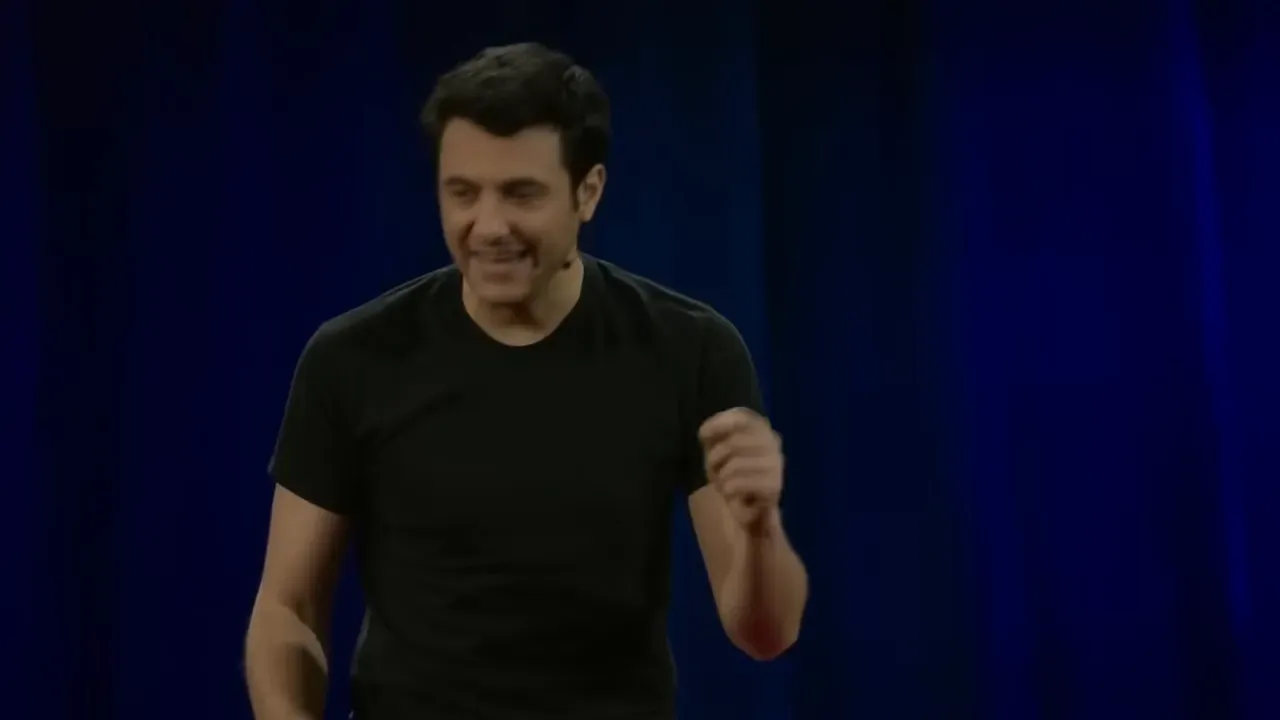
Entering the Dark Playground
The Dark Playground is a place known to procrastinators, where activities that should be done at the right time are postponed and activities that shouldn't be done are replaced by them. The fun that happens in Dark Playground is actually not real fun, because it is built on guilt. Anxiety and self-hatred
Getting into the Dark Playground usually happens when we have a Monkey behind the wheel. We will find ourselves doing non-essential activities at the time when we should be doing important work.
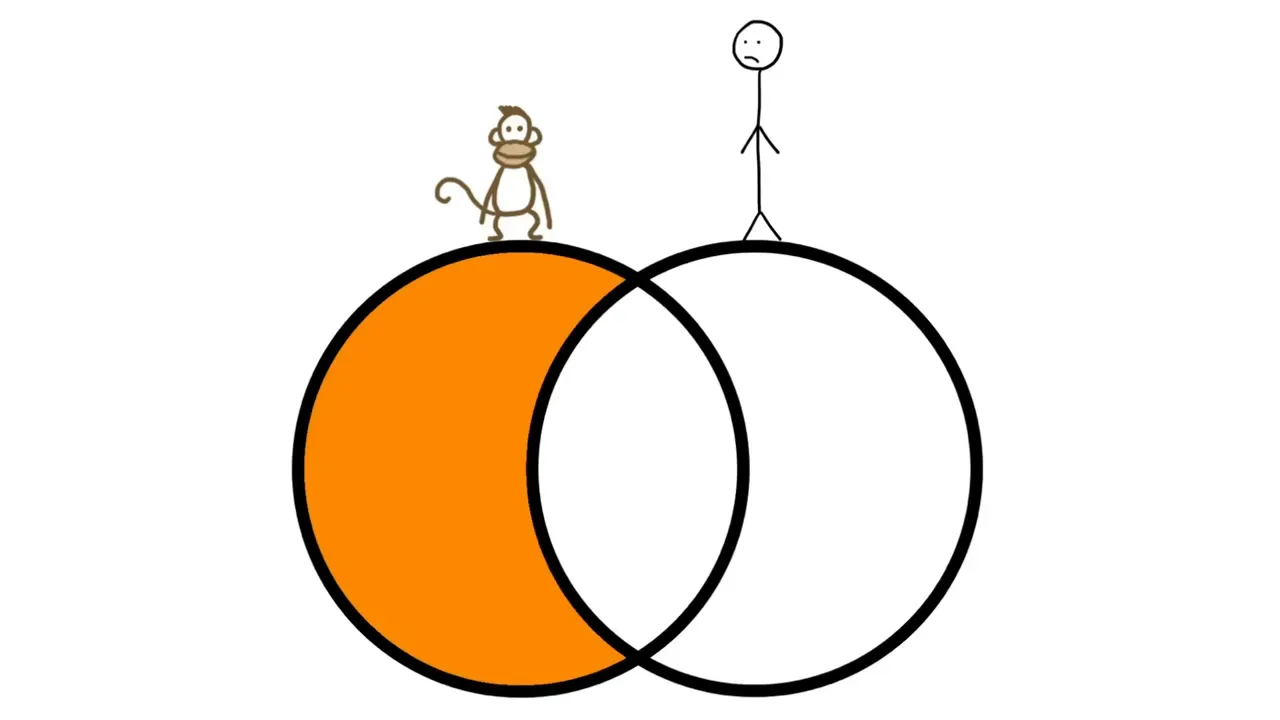
Having a Panic Monster as an assistant
Panic Monster is an assistant that occurs at a time when we are approaching a deadline or at risk of being scolded. The Panic Monster wakes up when we are faced with a scary situation, such as a job submission that is about to expire or a career failure.
Most importantly, the Panic Monster is what Monkey fears the most. When the Panic Monster wakes up, the Monkey runs away. This is where Rational Decision-Maker comes into play.
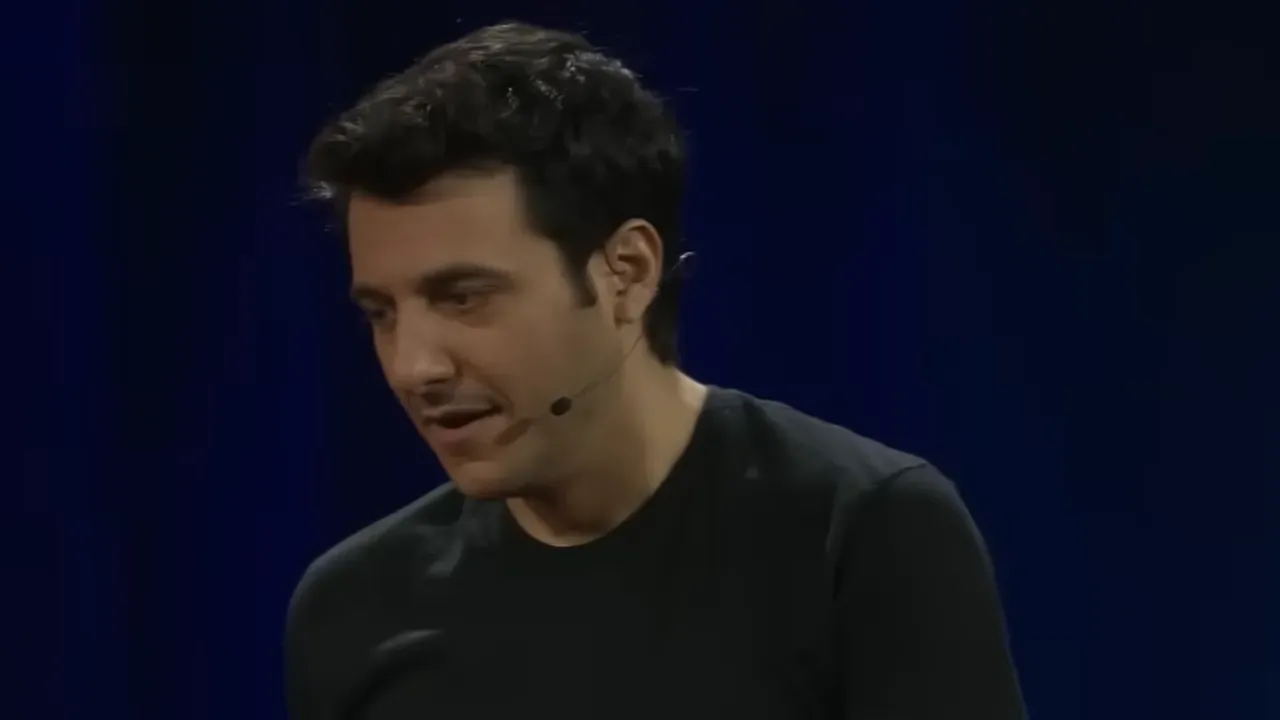
The importance of setting a schedule
Setting deadlines is important when dealing with procrastination because when deadlines are involved, it stimulates work and eliminates the laziness caused by Instant Gratification Monkey.
When we have a clear deadline, we have a clear schedule. We will be motivated to work and reduce the guilt caused by postponing time.
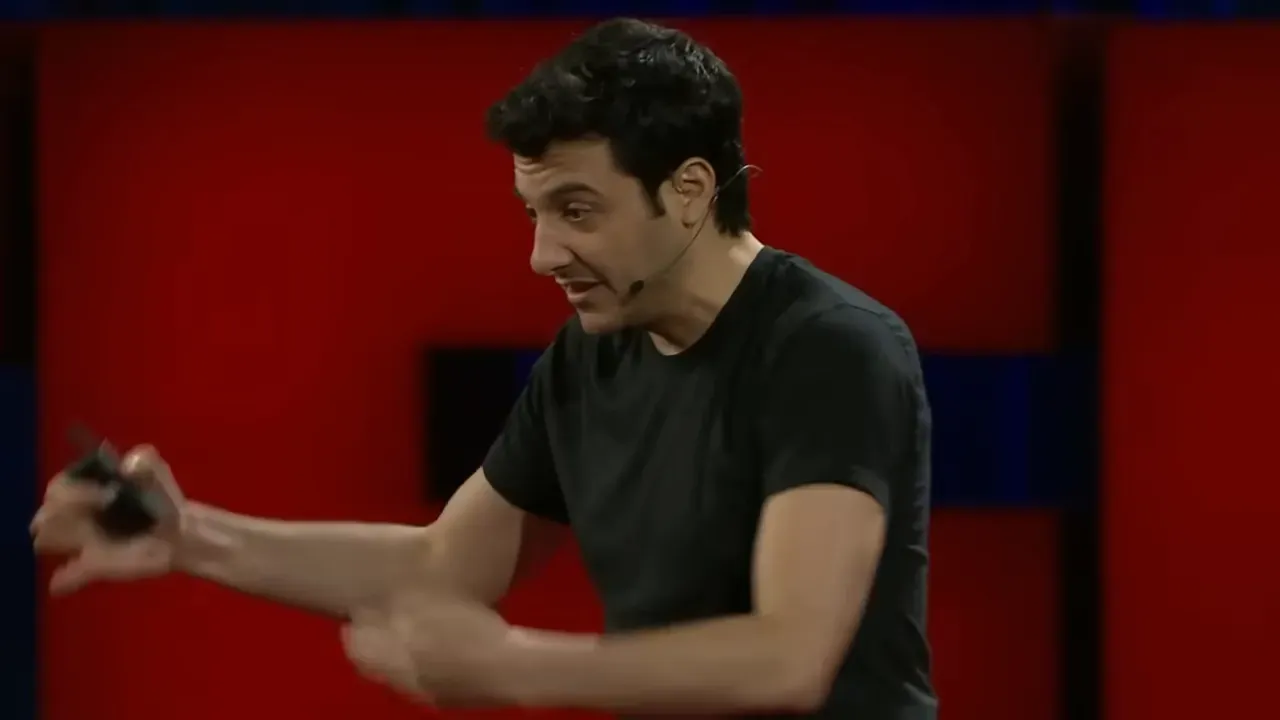
Seeing the reality of procrastination
Seeing the fact of procrastination is an understanding of the damage caused by not working in a timely manner. We tend to waste our time on things that don't matter and let opportunities pass by.
Questioning ourselves about what we're procrastinating on can help us see the big picture of our lives and make us aware of what we should do to make our lives better.
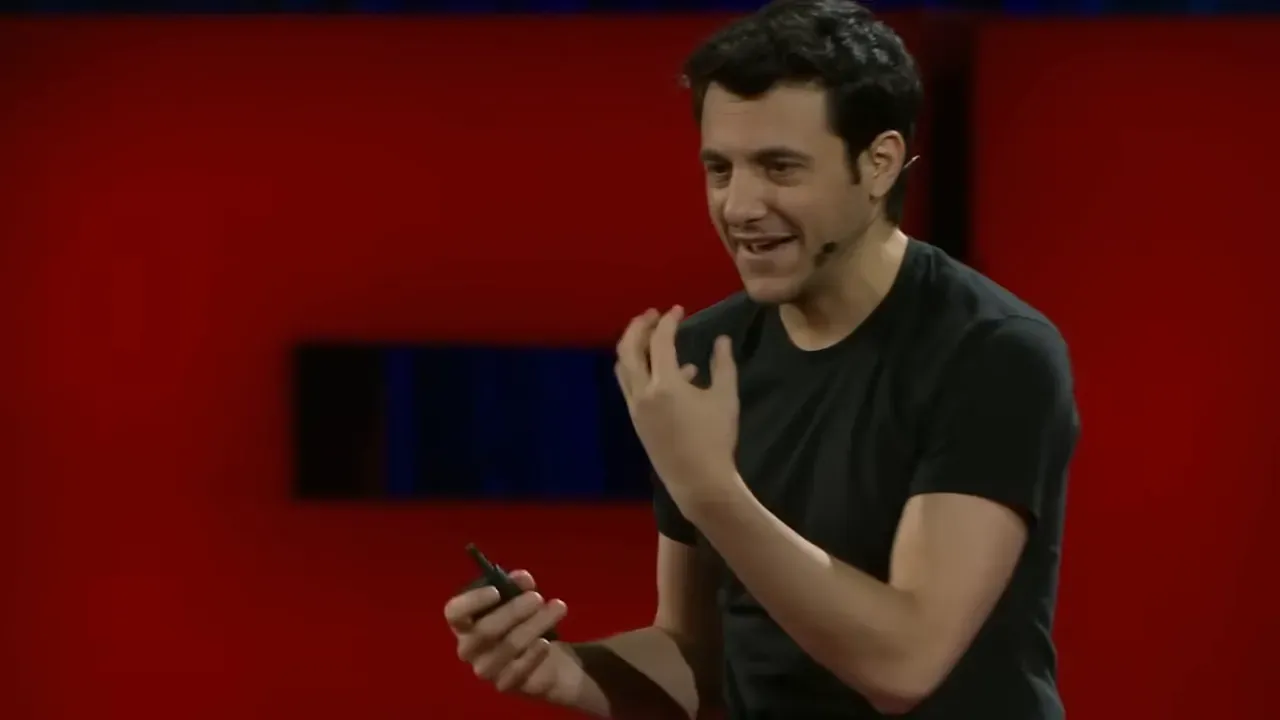
Creating a Life Calendar
Life Calendar is a tool that helps us get a complete picture of our lives. There is one channel for each week during the age of 90, which shows us that the time spent in life is limited.
Creating a Life Calendar will help us become aware of what we are procrastinating on and encourage us to take action on the things that are important to our lives.
